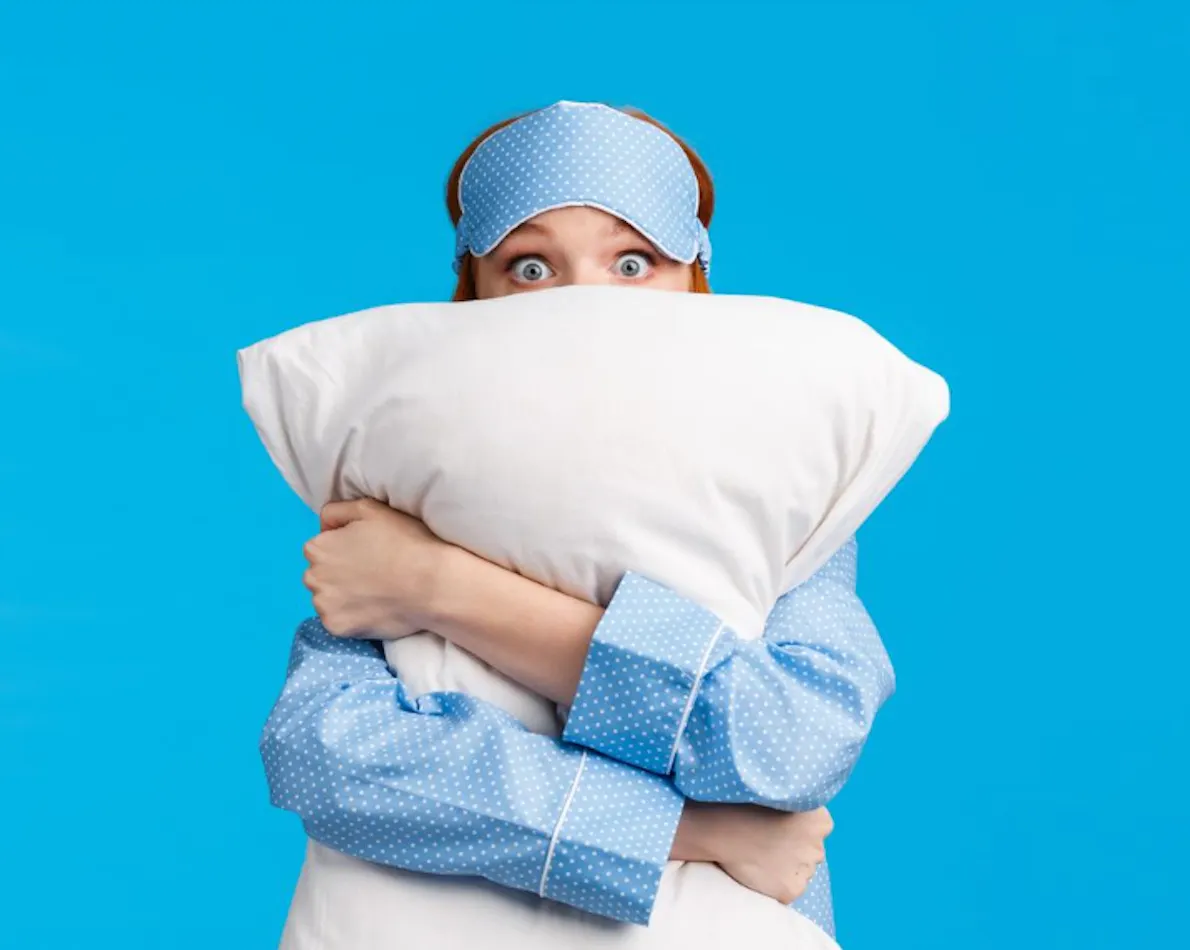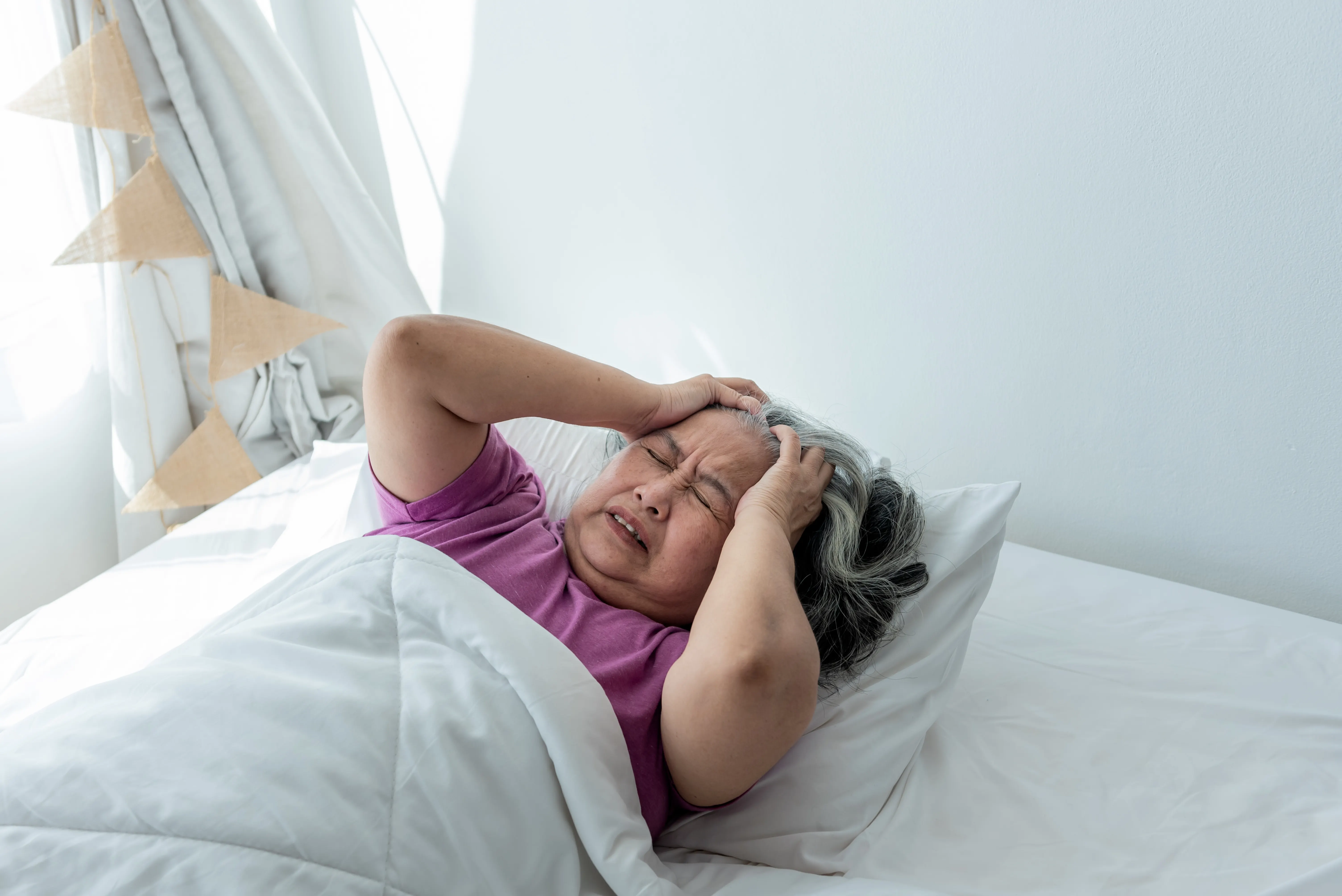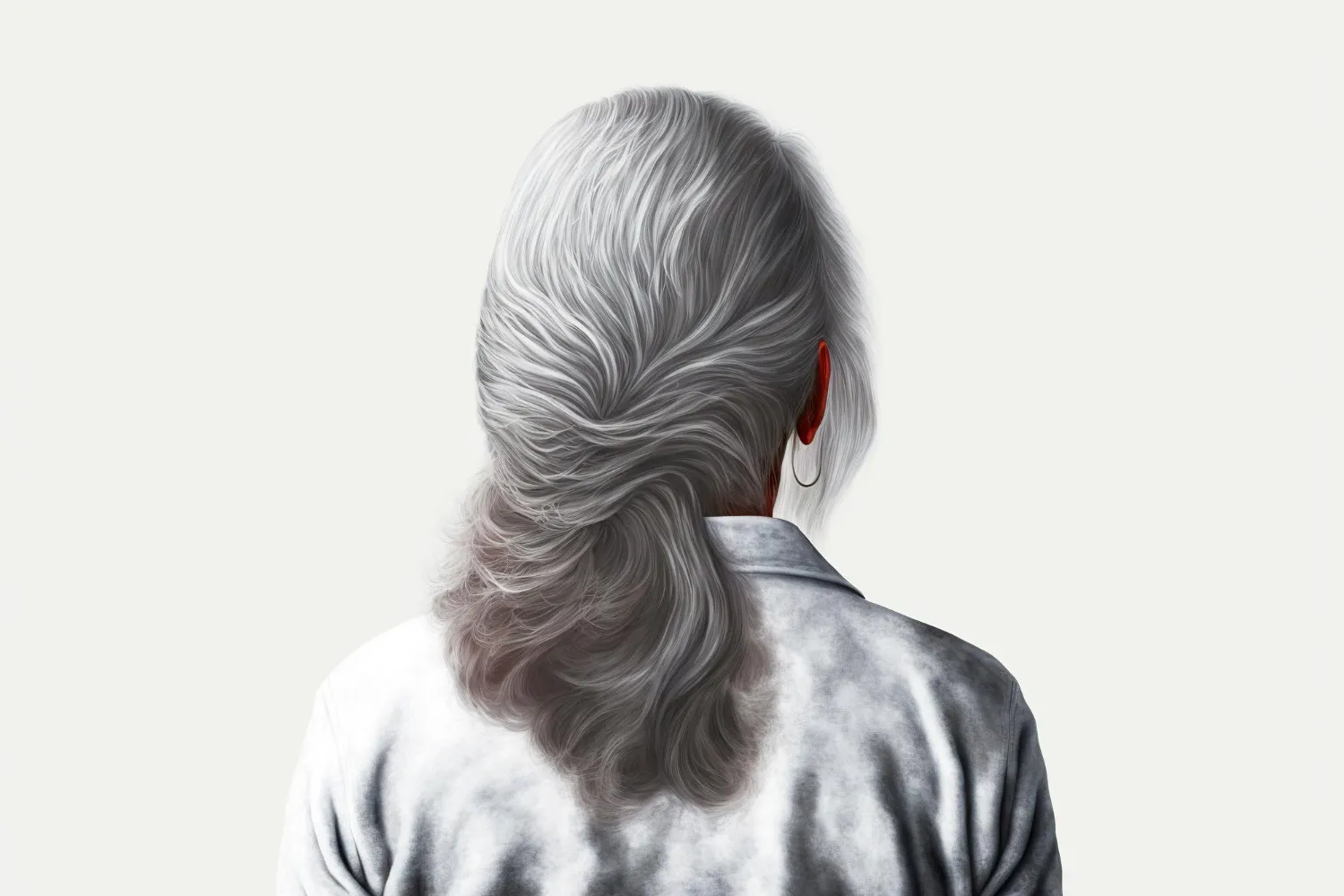Shameful Snoring
Understanding the Causes, Solutions, and Managing Snoring Partners

Are you embarrassed about snoring? Is it keeping you or your partner awake at night? Snoring is a common sleep-related issue that is often associated with men. Yet snoring can also affect women, particularly those over 45. One in ten people snore in the UK alone!
Societal expectations and stereotypes surrounding femininity associate snoring with masculinity. This societal perception can lead to embarrassment or self-consciousness for women who snore. It's important to challenge these gender stereotypes as snoring is a common physiological occurrence that can affect anyone, regardless of gender.
Snoring can significantly impact a woman's quality of life. Snoring may be caused by weight gain, menopause, health issues and poor sleep. There are both natural remedies and aided solutions available to address snoring. Additionally, for women whose partners also snore, it is essential to explore strategies for managing their partner's snoring. In this article, we will delve into the causes of snoring in women over 45, discuss potential remedies, and provide advice on addressing their partner's snoring.

Causes of Snoring in Women Over 45
Weight Gain
As women age, hormonal changes and a slowing metabolism can lead to weight gain. Excess weight around the neck and throat can contribute to the narrowing of airways, resulting in snoring. Weight gain at midlife may also be due to chemical body burden.
Menopause
Menopause is a natural phase in a woman's life that brings about hormonal changes. The hormonal fluctuations during menopause can affect sleep patterns and lead to snoring. Decreased estrogen levels may contribute to muscle relaxation in the throat and snoring.
Ill Health
Certain health conditions can cause or exacerbate snoring in women over 45. Allergies, asthma, and chronic nasal congestion can restrict airflow and contribute to snoring. Smoking, alcohol consumption, and sedative medications can also relax the throat muscles, leading to snoring.

Solutions for Snoring
If you are embarrassed by your snoring take a look at the concepts below and then choose one to work with. Never attempt to do all at once and always work with a professional.
Lifestyle Changes
- Weight Management: Engaging in regular physical activity and adopting a healthy diet and intermittent fasting can aid in weight loss and reduce snoring caused by weight gain. Weight management is the first step to address.
- Adjusting the body: Elevating the head or sleeping on the side can help keep the airways open. Make sure your bedding is hypo-allergenic and keeps you neither hot nor cold.
- Avoiding Triggers: Women should refrain from smoking, limit alcohol consumption, and avoid sedative medications, as these can contribute to snoring. Identifying and avoiding these triggers can help in reducing snoring episodes.
- Allergen Control: Minimizing exposure to allergens, such as dust mites or pet dander, can alleviate nasal congestion and reduce snoring. Regular cleaning and maintaining a clean sleep environment can be beneficial.
Natural Remedies
- Nasal Strips: Adhesive nasal strips can be applied to the nose to help open the nasal passages, allowing for easier breathing during sleep. Nasal strips are readily available and can provide temporary relief from snoring.
- Essential Oils: Some essential oils, like peppermint or eucalyptus, can help reduce nasal congestion when used in a diffuser or sprinkled on pillowcases. (Always consult an aromatherapist before use).
- Throat Exercises: Strengthening throat muscles through daily exercises, such as singing or playing wind instruments, can reduce snoring intensity.
Aided Solutions
- Oral Devices: Custom-made dental appliances or over-the-counter snoring mouthpieces can help reposition the jaw and tongue, opening the airways and reducing snoring. Oral devices tend to be more effective when recommended and fitted by a dental professional.
- Continuous Positive Airway Pressure (CPAP): A CPAP machine delivers a steady stream of air pressure to keep the airways open during sleep. An effective solution for severe snoring or sleep apnea. CPAP machines require a prescription and are used under the guidance of a healthcare professional.
- Mandibular Advancement Devices (MAD): MADs are dental devices that help bring the lower jaw forward, increasing the space in the airway. They are similar to snoring mouthpieces but designed specifically for sleep apnea. MADs can be an effective option for managing snoring and sleep apnea.

Managing Snoring Partners
Encourage Communication
Approach the issue gently and explain the impact of their snoring on your sleep quality and overall well-being. Encouraging open and supportive communication can lay the foundation for finding solutions together.
Suggest Lifestyle Changes
Encourage your partner to adopt healthy habits like weight management, alternative sleep positions and avoiding triggers. If you have a spare bedroom, consider sleeping apart in order to have a good night's sleep. Supporting your partner in making positive lifestyle changes can alleviate snoring and strengthen your relationship.
Study of Sleep and/or Snoring
Encourage your partner to consult a healthcare professional for a comprehensive evaluation. An in-depth sleep study can identify any underlying sleep disorders not mentioned in this post.
No Shameful Snoring
There is no need to feel shameful or embarrassed about your snoring. Snoring that affects your well-being and your partner needs to be addressed. Snoring partners can be encouraged via open communication and support. Always seek appropriate medical evaluation and adopt healthy habits.









